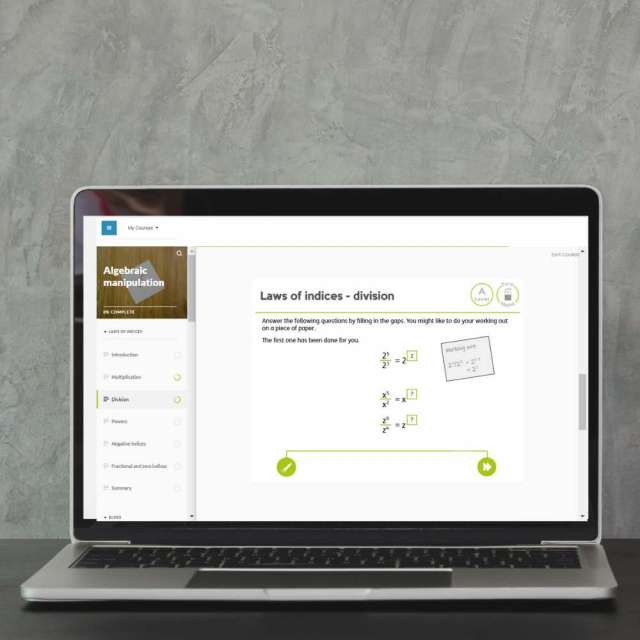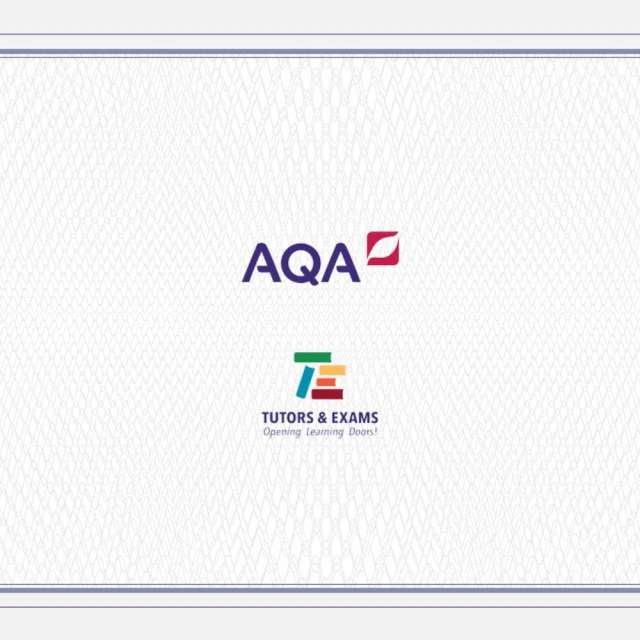A Level Maths
AQA
Course overview
Need a Maths A Level for university, further study or to help you land your dream job?
Thinking of starting a lucrative career in Accountancy, Dentistry, Engineering or Coding? Then completing an A Level in Maths is going to get you one step closer to your dream job!
With our Maths A Level, in as little as 6 months you’ll be able to understand and present mathematical arguments and recognise different mathematical structures, in order to solve problems effectively and efficiently. These skills are extremely useful and highly regarded by many different university courses and employers from a variety of fields, so an A Level in Maths will really help your application to stand out from the crowd.
Our Maths A Level qualification also includes your exam, which will give you the grade you’ll need for UCAS points, if you want to study at university afterwards. This means you don’t have to worry about organising your exam once you’ve completed the course – win, win!
You’ll also get:
- 100% online study (excludes the exam) – available 24/7, so you can fit studying around your existing schedule!
- Great tutor support – highly qualified and friendly experts, ready to help!
- An internationally recognised qualification
-
Tutors
-
Accreditations
-
Topics you'll cover
-
Modules
-
Course Duration
There are no physical classes to attend, all your studying is online so you can complete your A Level in your own time, as quickly as you like.
The only specific deadline to work towards is your exam – exam sittings are held once per year in May or June.
This A Level in Maths will take 360 hours to complete.
Most people gain their Maths A Level in as little as 12 months.
-
Quick FAQs



















